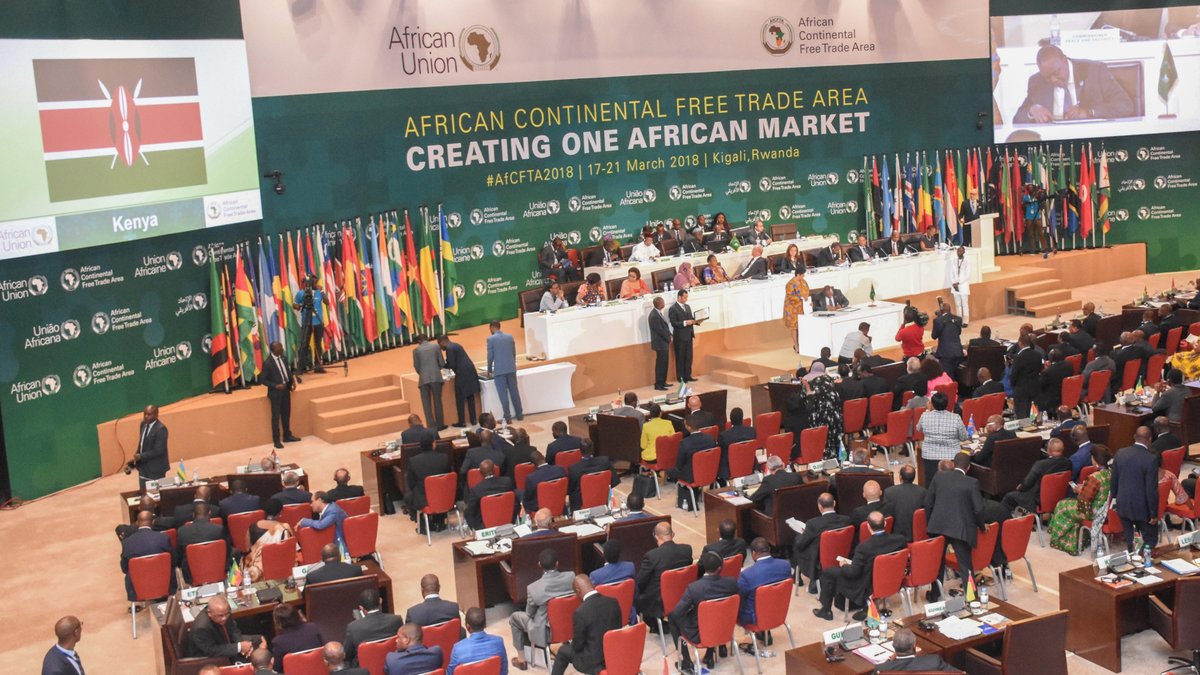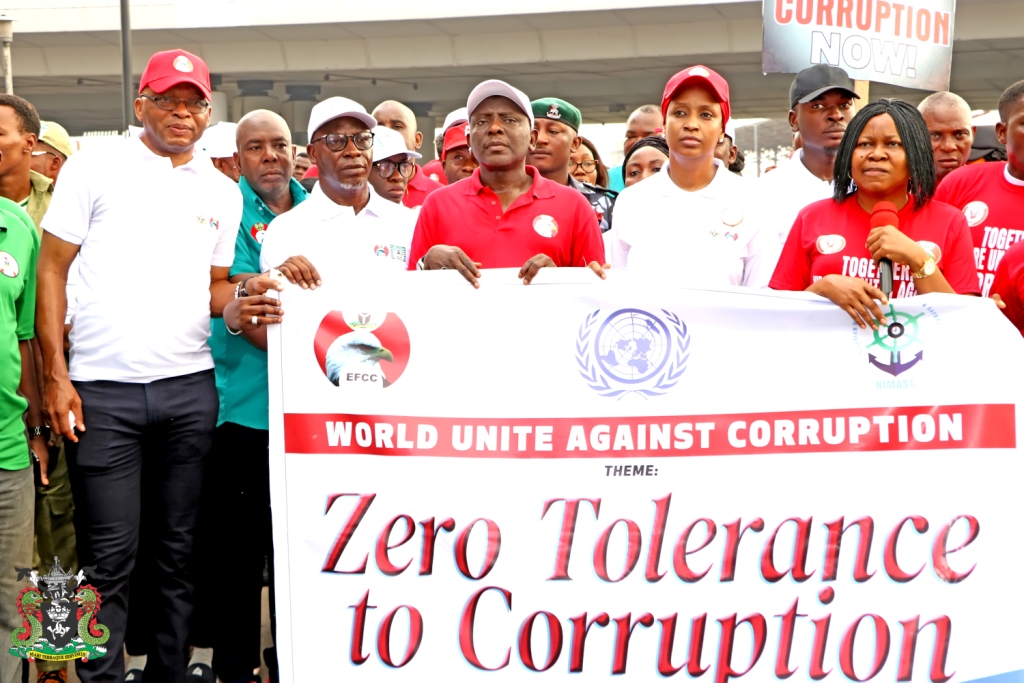Analysts have started picking holes in the recent High Court order to commercial banks to freeze all accounts without Bank verification Number (BVN).
According to them, the order if implemented will lead to massive drop in Diaspora remittances from Nigerians abroad and further frustrate ongoing efforts of the Central Bank of Nigeria (CBN) and banks to deepen access to financial services especially to the underserved and majority rural dwellers who currently have issues of names mismatched.
Some of the experts who spoke to our correspondents on the matter said whereas it will amount to avoidable expenses for Nigerians living abroad to be forced back home simply because of formalizing their BVN, more time is still needed to educate rural dwellers on the importance of regularizing their banking documentation to fit into the demands of BVN.
Already, the Senior Special Assistant to the President on Foreign Affairs and Diaspora, Ms. Abike Dabiri-Erewa has appealed to both the CBN and Attorney-General of the Federation (AGF), Abubakar Malami, to put modalities and logistics in place for Nigerians in the Diaspora to obtain their own BVN.
She said the aim is not only to avoid forfeiture of their savings in their respective bank accounts, but to further encourage them in their remittance spree which is good for the economy.
Business Hilights recalls that Justice Nnamdi Dimgba of the Federal High Court, Abuja had on Oct. 17, 2017 granted the interim order directing 19 commercial banks to file an affidavit of disclosure before the court, stating the names of the accounts as operated, account numbers and outstanding balances.
According to the order, all banks operating in the country will either freeze accounts without BVN or show cause within 14 days why the balances in such accounts should not be forfeited.
The Nigerians in the Diaspora has been remitting billions of US Dollars back to the country on yearly basis, the highest on the continent of Africa, thus contributing to the socio-economic development of the country.
The Federal Government had on the 28th September, 2017 instituted an action in court for the forfeiture of any balance in a bank account without a BVN.
The present practice is that banks only permit deposits into such accounts. No withdrawal is allowed. Should the Federal Government succeed, the money is forfeited permanently.
Although there are strong indications that a consortium of commercial banks are working to appeal the order up to the Supreme Court, Dabiri-Erewa reiterated her appeals to Nigerians abroad to urgently take steps to register for the BVN.
However, to grow Diaspora remittances, Dabiri-Erewa, in a statement, implored CBN to make it possible to all Nigerians in the Diaspora to have their BVN done in their countries of abode as there have been challenges in getting it before now.
The Nigerians in the Diaspora has been remitting billions of US Dollars back to the country on yearly basis, the highest on the continent of Africa, thus contributing to the socio-economic development of the country.
THE World Bank had earlier this month and before the order, projected that up to $22 billion will flow into Nigeria in 2017 through Diaspora remittances, noting that global remittance flow is set to recover this year after two consecutive years of decline.
This was contained in the latest edition of the World Bank’s Migration and Development Brief, released, yesterday. According to the statement, “Remittances to low- and middle-income countries are on course to recover in 2017 after two consecutive years of decline.”
Diaspora Remittance is money sent by a person in a foreign land to his or her home country. Due to the huge sums involved in recent years such remittances are now being recognised as an important contributor to the home country’s growth and development.
The World Bank report averred that “Buoyed by improved economic activity in high-income OECD countries, remittances to Sub-Saharan Africa are projected to grow by a robust 10 percent to $38 billion this year. The region’s major remittance receiving countries, Nigeria, Senegal and Ghana, are all set for growth. The region is also host to a number of countries where remittances account for a significant share of GDP, including Liberia (26 percent), Comoros (21 percent), and the Gambia (20 percent). Remittances will grow by a moderate 3.8 percent to $39 billion in 2018,” World Bank noted.









